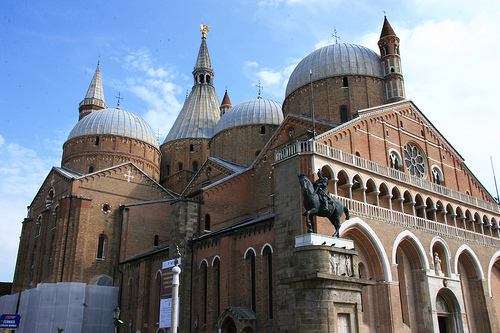The degree Read more [...]
Science Communication
Course Category: Master and Master of Arts
-
Focus of Study
The Master programme aims to train professionals of public communication of science and technology to work professionally in a variety of sectors. Written journalism, radio, television and online, institutional and corporate communication, traditional and multimedia publishing, museology, science exhibitions, promotion and management of scientific culture and interdisciplinary initiatives are the main fields of application which is accompanied with growing “digital” communication of science. The teaching provides students from different educational and professional backgrounds (scientific, technical and humanistic) cultural maturity and operational tools adapted to collect and transmit scientific information and advanced technology in an understandable and rigorous way, to effectively interact with leading researchers in the various fields, to organise the structures aimed at institutional communication, to promote and manage scientific culture initiatives.
Course Description
The course includes lectures, workshops, visits to exhibitions, museums, science laboratories, participation in conferences.
Thematic areas of the course:
- The communication of science and its language
- Current topics of scientific research
- Tools and methods of science communication
The thematic areas divided into modules:
Area 1
- Public communication of science and technology
- Historical and linguistic tools
Area 2
- Issues and prospects of the material sciences
- Issues and prospects of the study of space
- Issues and problems of life sciences
- Technology issues and perspectives
- Issues and problems of earth sciences
Area 3
- Scientific journalism
- Scientific communication and networking
- Communication with exhibitions and museums
- Institutional communication
- Analysis and data presentation
The programme includes a vocational internship of 200 hours, under the guidance of a master teacher at companies, organizations and institutions, with which agreements exist.
Classes are normally held on Friday and Saturday, from February to July and from September to October.
Career opportunities
The students are therefore prepared to work with a variety of media, from traditional to web 2.0, to set up and manage communication plans for research institutions, public and private institutions, in particular health care, science museums and science centers, for the world of education as well as for technological innovation in advanced communications companies.

